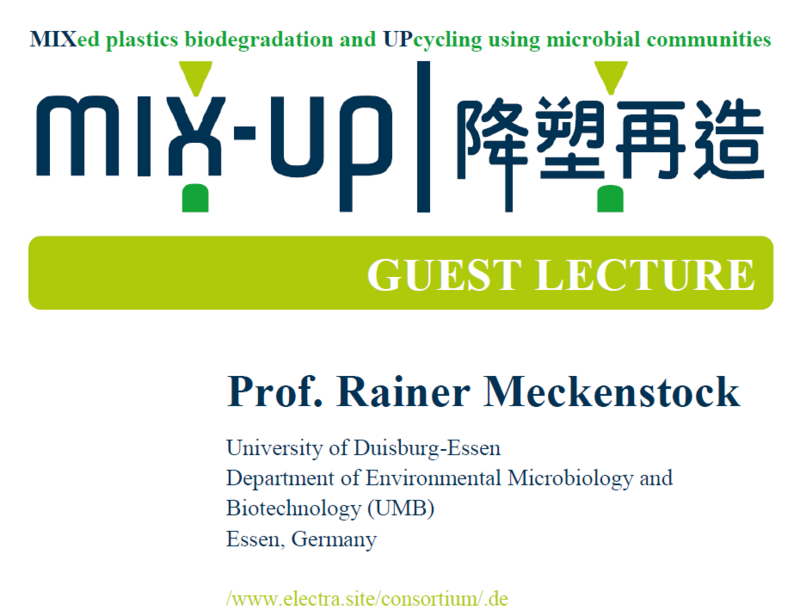Polycyclic aromatic hydrocarbons (PAHs) are among the most hazardous and recalcitrant contaminant classes. Despite their great environmental concern, the anaerobic degradation of PAHs is only poorly investigated.
PAHs accumulate in anoxic sediments where they are extremely slowly degraded. I will present several limitations for biodegradation of PAHs and some solutions how nature overcomes such problems. Availability of electron acceptors for respiration in groundwater will be discussed with respect to the plume fringe concept, a novel perspective of how organic pollutants are degraded in the environment. Furthermore, I will present latest technology how to assess the biodegradation of such recalcitrant compounds.
Biochemical limitations will be discussed at the example of anaerobic naphthalene and phenanthrene degradation. We enriched a sulfate-reducing culture that can grow with phenanthrene as the sole electron and carbon source. The culture grows very slowly with doubling times around 4 weeks also producing very little biomass. The first reaction activating the phenanthrene molecule is a carboxylation to phenanthroic acid. We were now able to measure the activity of the second enzyme phenanthroate:CoA ligase in cell free extracts. The ligase forms a thioester of CoenzymeA with phenanthroic acid, phenanthroyl-CoA. The reaction is specific for the 2-phenanthroate isomer indicating that this is the product of the carboxylation reaction. We furthermore cloned and heterologously expressed the next four enzymes involved in the degradation pathway. They catalyse the reduction of phenanthroyl-CoA in two electron steps with reduced methylviologen as the electron donor. The enzymes were purified and the reactions described. We present here the first reported measurements of enzyme reactions from the degradation of PAHs with three rings which provides an important step in elucidating anaerobic PAH degradation.
Click here for more information.


